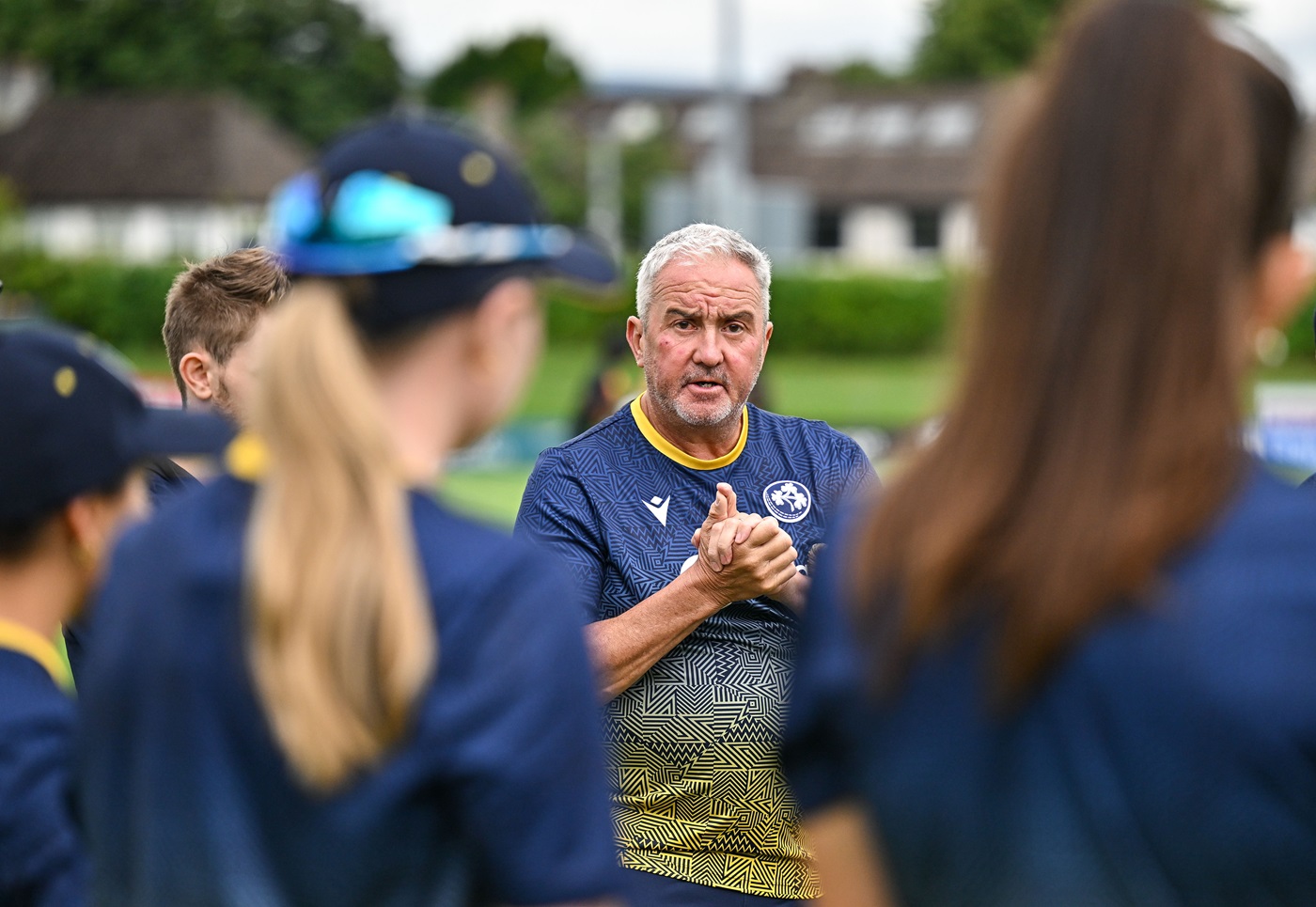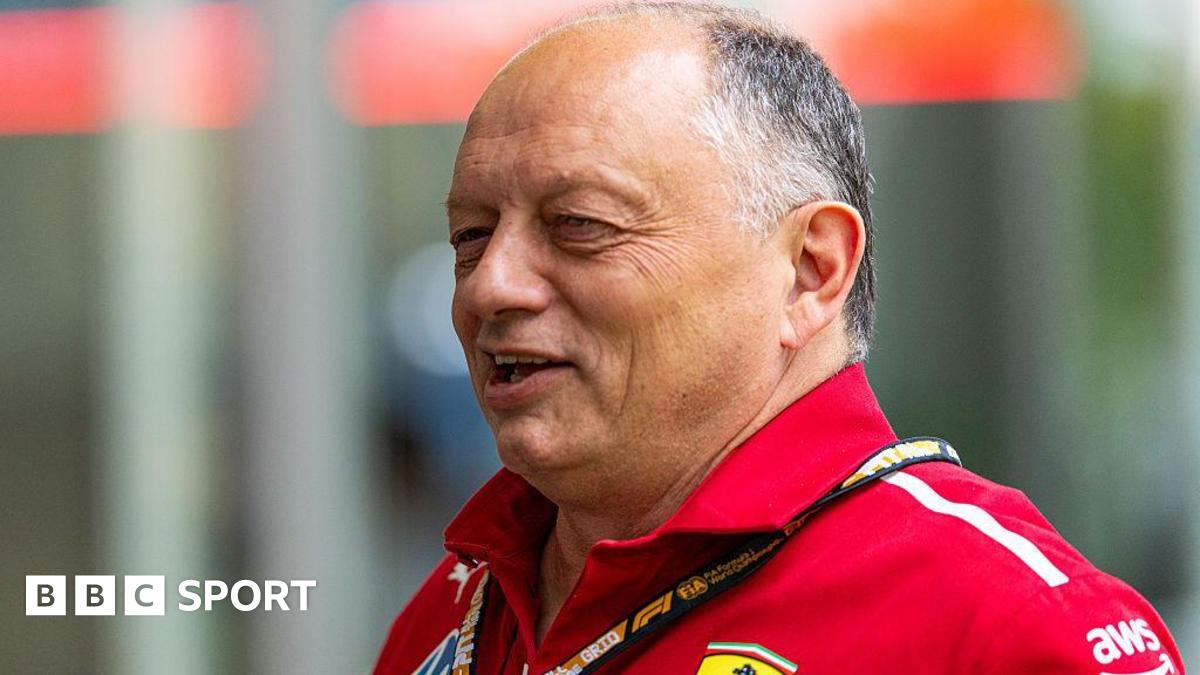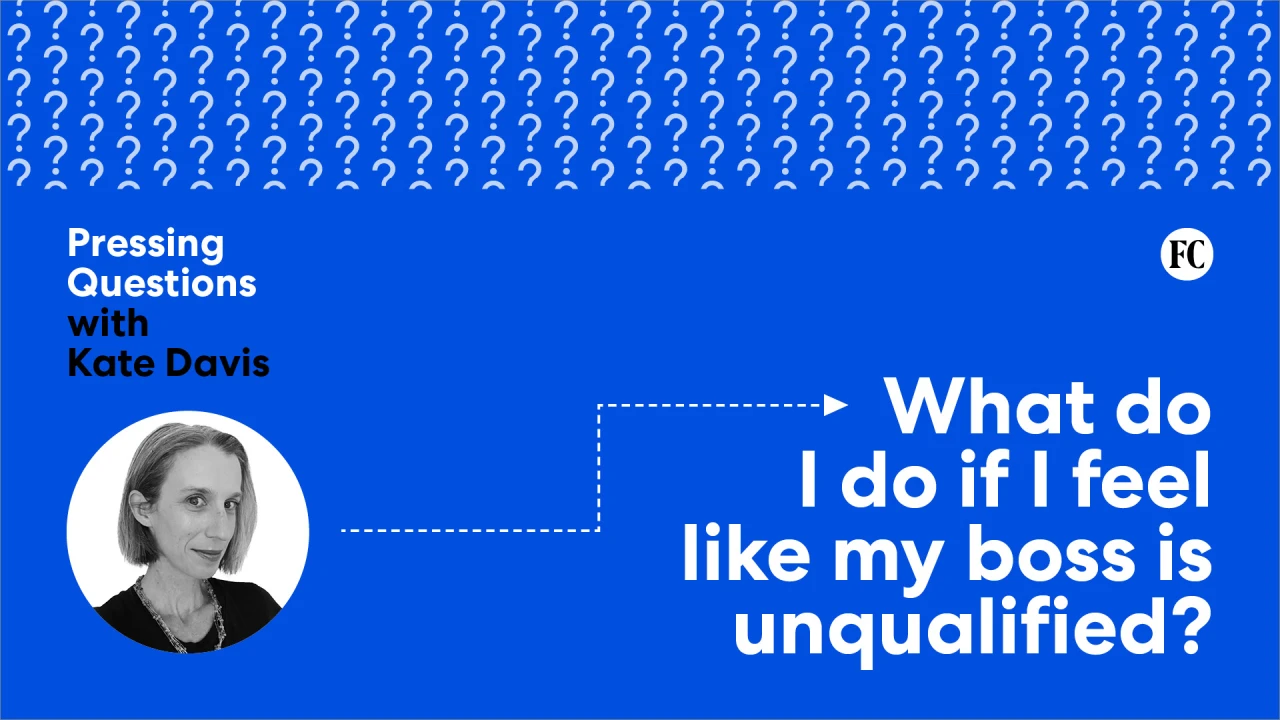Cigna’s 2nd quarter profits beat Wall Street’s expectations

Cigna beat Wall Street estimates for second-quarter profit on Thursday, helped by strength in its pharmacy benefit management business.
It is one of the last health insurers to report quarterly results for the sector, which has been bogged down by persistently high medical costs in government-backed plans.
Cigna, however, is insulated from such cost pressures as it recently sold its Medicare business to Health Care Service Corp. It banks more on its pharmacy benefit management and commercial health insurance businesses.
“Our performance in the second quarter reflects our disciplined execution and the strength of our business mix,” said CEO David Cordani.
Revenue from its Evernorth healthcare services unit, which includes Cigna’s pharmacy benefit management business, rose 17% to $57.83 billion during the quarter.
Pharmacy benefit managers help negotiate drug prices and coverage with manufacturers on behalf of employers and health plan clients.
PBMs’ business practices, however, have drawn increasing scrutiny in recent years from U.S. lawmakers looking to lower drug prices, state attorneys generals and from the Federal Trade Commission, which released a report earlier this year accusing PBMs of inflating drug costs.
Cigna’s adjusted profit of $7.20 per share topped analysts’ average estimate of $7.15 per share, according to data compiled by LSEG.
The company maintained its annual adjusted profit forecast of at least $29.60 per share, while analysts expect $29.68 per share.
For the quarter, it reported a medical care ratio — the percentage of premiums spent on medical care — of 83.2%, up from 82.3% a year earlier, but in line with analysts’ estimate.
The company said the increase was due to higher stop-loss medical costs. Stop-loss insurance plans help protect health plan sponsors, typically an employer, when medical claims pass a pre-designated threshold.
—Sneha S K, Reuters
What's Your Reaction?
 Like
0
Like
0
 Dislike
0
Dislike
0
 Love
0
Love
0
 Funny
0
Funny
0
 Angry
0
Angry
0
 Sad
0
Sad
0
 Wow
0
Wow
0




























































































